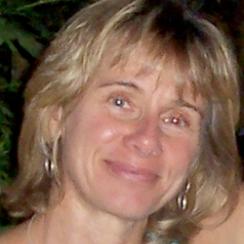Jayne Danska

Jayne Danska
Dr. Danska is a Senior Scientist at the Hospital for Sick Children and Professor in the Faculty of Medicine at University of Toronto with appointments in the Departments of Immunology, and Medical Biophysics. She has made contributions to understanding immunological and genetic causes of Type 1 diabetes (T1D), the molecular basis of acute lymphoid leukemia (ALL), and innate immune surveillance of normal hematopoietic and leukemic stem cells. She has lead multi-disciplinary projects applying genetic, genomic and immunological analysis in rodent models to identify T1D-risk genes and to determine how these variants control autoimmune pathogenesis. More recently these studies have addressed gene X environment interactions in T1D, specifically the role of the intestinal microbiome in modifying inherited disease risk in rodent models and in prospective longitudinal studies in children with high genetic risk for T1D. Her group defined relationships between DNA repair and genome damage surveillance pathways in ALL in rodent models and in primary human leukemia. Their work is focused on mechanisms that allow ALL dissemination to the central nervous system, and pre-clinical development of targeted kinase inhibitors to treat B-ALL. Dr. Danska is a Principle Investigator in The Californian and Canadian CIRM-CSCC study entitled “Development of Highly Active Anti-Leukemia Stem Cell Therapy (HALT)” and in the Ontario Institute of Cancer Research project on Cancer Stems Cells. Dr. Danska and her collaborators discovered a signaling pathway in macrophages pivotal to the survival of human hematopoietic stem cells (HSC) and acute myeloid leukemia stem cells (AML-LSC) that sustain leukemic growth. They are developing biologic therapeutics to manipulate this axis to improve outcomes of HSC transplantation, and to block the survival of AML-LSC.